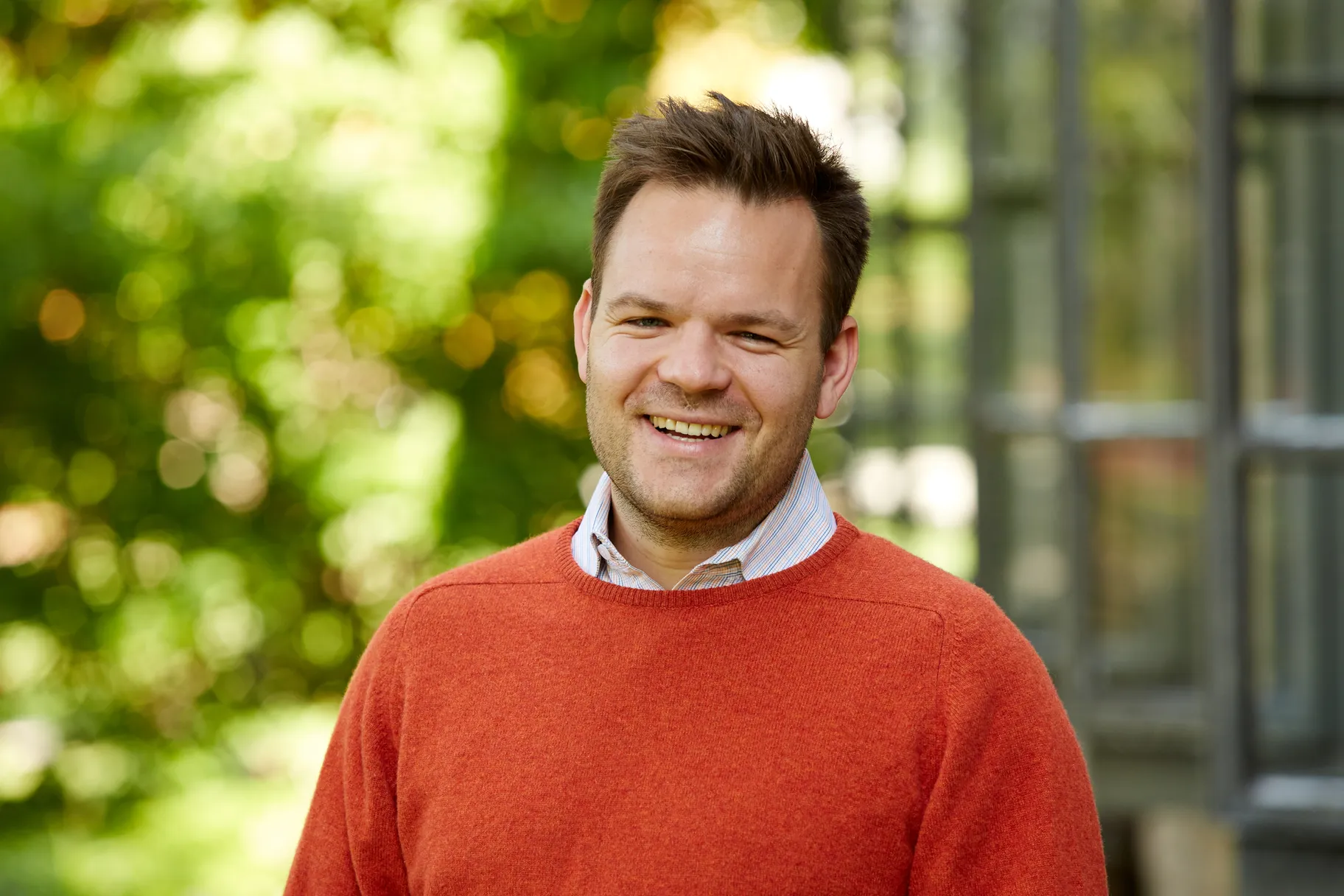Throughout history, we have relied on community to sustain our connections with each other. Whether through a religious congregation, a clan, or a village, our ancestors knew the importance and power of an established and structured community through which people could come together, share ideas, and support one another.
Today, transient lifestyles, smaller families, and increased secularism have led to the slow dissolution of those very structures that for centuries supported and nurtured us.
Although we've attempted to fill the void with gyms, support groups, classes, clubs, and organizations, the reality is far more complex. Loneliness has reached epidemic levels, and the freedoms and independence we seem to crave bump right up against the need to connect, talk, and rely on each other.
Casper ter Kuile, former Harvard divinity scholar and author of The Power of Ritual, says that the reality is today that, “when you are closer to one another, you constantly have to navigate each other's desires and ways of being and the volume of their voices… just all sorts of ways in which we get on each other's nerves.” In other words, togetherness is hard, and for most of us, when we are together, it’s on our terms, when and if we feel like it.
So why is reliance on others so important? And how do we go about building and maintaining connections? As ter Kuile sees it, “life is about the people you meet and the things you create with them. Our sense of connection and community and meaning is about the relationships we build, and the things that come out of those relationships — that creativity, the courage, the beauty.”
Building and maintaining connection has been a central issue for ter Kuile, both in his work as a former Harvard Divinity School Innovation Fellow and as the co-founder of research and design firm Sacred Design Lab. Most recently, in the aftermath of the pandemic, ter Kuile co-founded Nearness, a digital community of people exploring life’s big questions through deep conversations.
Community structures provide a place to be reliably seen and heard. One of the rules ter Kuile shares when gathering is, “No advice giving!” Although that may sound counterintuitive, especially if someone has been through something difficult, ter Kuile says that the gift we give each other is “our sustained, loving presence. It's not answers or solutions that we're giving, but it's that creation of relationship.”
Ter Kuile suggests there’s also much to be gained from cross-generational interactions and relationships.
“As young people, maybe you want to rebel against your parents, but actually, it's kind of fascinating to spend time with someone much older who is interested in your life,” ter Kuile says, adding that being more open-minded and less judgemental can also help.
“Cutting off entire groups of people just because they challenge some of our ways of thinking or understanding the world means we miss out on some of the rich experiences life has to offer,” he says.
Our modern lifestyles may give us greater independence and autonomy, but ultimately togetherness is equally essential.
“We're all only temporarily able-bodied,” says ter Kuile. “We're gonna need each other — and let alone if you start thinking about the impacts of climate change or any other terrifying future vision we can have — to rely on each other more and more and unlearn some of this kind of false independence that we assume we'll continue to live with.”

“Capitalism wants us to be alone,” says ter Kuile. “Because if we each have an individual mortgage, an individual stove, and a laundry unit, that's going to increase the GDP. And so I do think it's important to realize there are real structural forces that are pushing us into isolation.” Photo courtesy of Casper ter Kuile
Delve deeper into life, philosophy, and what makes us human by joining the Life Examined discussion group on Facebook.
